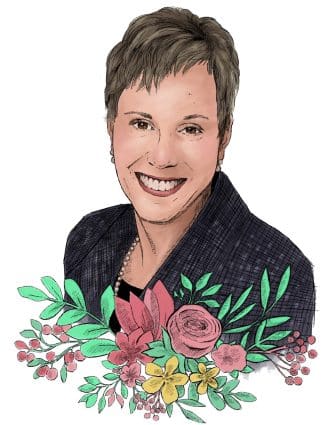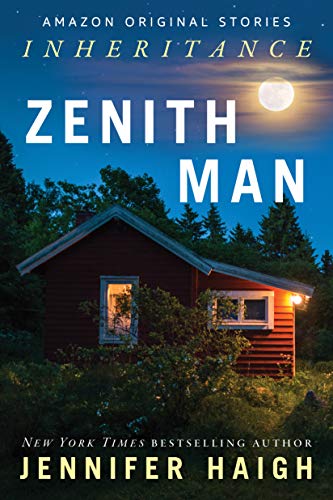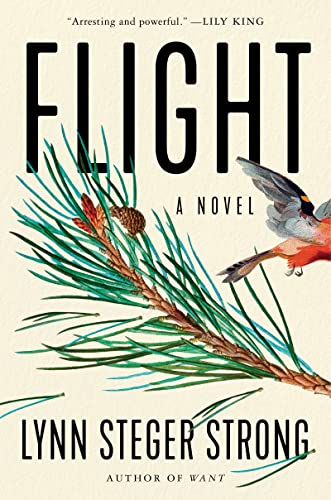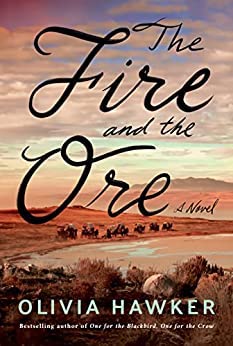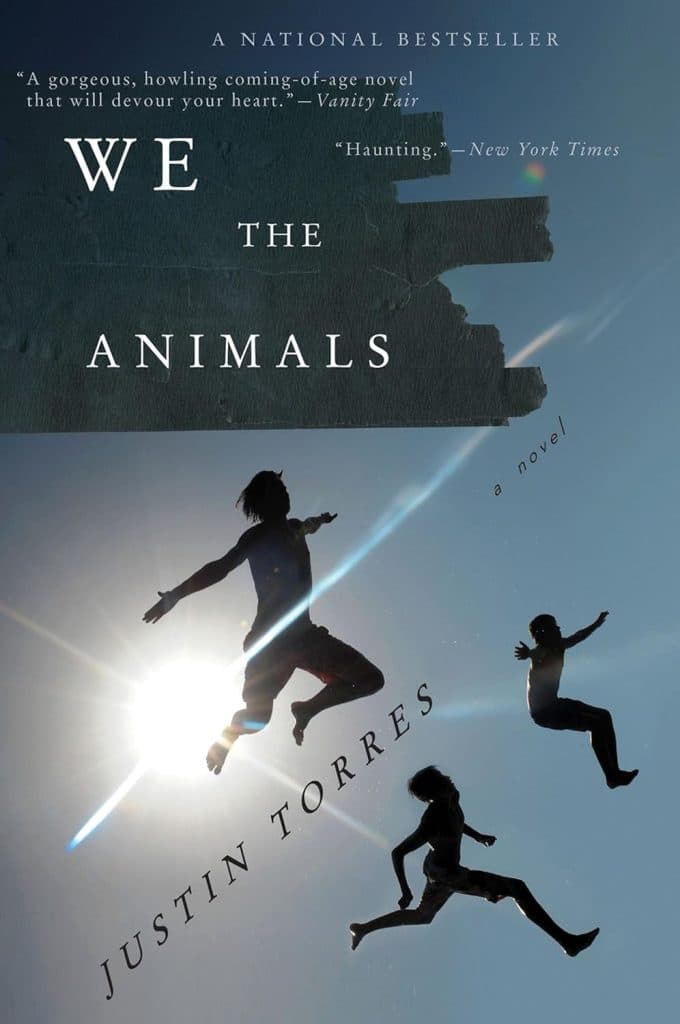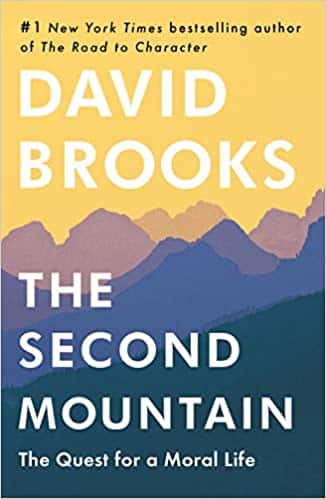
My Bumper Guardrails Protect Me
Ensuring I Do Not Fall Into the Gutters
Estimated reading time: 2 minutes, 17 secondsAs soon as I wake up each day, my body seems to go on autopilot. I follow a routine: walking, reading, and attending Friday services. Though seemingly mundane, these activities provide me with security and stability. I carry them out almost mechanically, without much thought. Some people might consider me dull or uninteresting because of my rigid routine. However, if they look closely, they might find an alternate explanation.
I remember attending a friend’s birthday party at a bowling alley as a child. Our excitement quickly turned to disappointment when we realized that my friend‘s parents had arranged for us to bowl with bumper guards in the gutters. We protested loudly, insisting that we didn’t need the bowling bumpers. But soon, we discovered the truth: every time we rolled the ball, it bounced off one or both bumper guards before heading toward the pins. This experience taught me a valuable lesson about the importance of boundaries and guidance, even in seemingly trivial activities.
Three years ago, my wife passed away, and I found myself suddenly alone. Despite insisting I could manage independently, I eventually realized I needed help. I had to come to terms with the harsh reality that I might not be able to survive on my own for long. Without a life manual, I took small, cautious steps, creating my version of ‘bumper guardrails’-a set of personal rules and routines that guided me and prevented me from straying too far off course.
 Today, I always complete my daily walk, read more books than ever, and attend Friday services without fail. What started as mere routines have become an integral part of my life. Like the bowling balls that bounced off the bumper guards, my life could have gone off track if I had not had my guardrails in place. It’s been three years since my wife’s passing, and I miss her dearly. But instead of falling into despair and blaming everything on my widower status, I’ve found strength and confidence in myself. This journey of personal growth and resilience has given me hope and empowerment.
Today, I always complete my daily walk, read more books than ever, and attend Friday services without fail. What started as mere routines have become an integral part of my life. Like the bowling balls that bounced off the bumper guards, my life could have gone off track if I had not had my guardrails in place. It’s been three years since my wife’s passing, and I miss her dearly. But instead of falling into despair and blaming everything on my widower status, I’ve found strength and confidence in myself. This journey of personal growth and resilience has given me hope and empowerment.
When uncertain about the future, I remind myself of the blessings God has bestowed upon me – the power to listen, adapt, and move forward. I take bold steps and challenge myself by venturing out of my comfort zone, knowing that my safety net is always there to catch me. As someone who dwells alone, I recognize that one wrong turn could take me back to the moment when my beloved spouse died, leaving me feeling lost, bewildered, and frustrated. However, with these gifts in my arsenal, I feel more confident and prepared to face whatever lies ahead. This faith and personal strength have been my comfort and guide in adversity.
Grief Has Made Me a Better Person
Ensuring I Do Not Fall Into the Gutters
Estimated reading time: 2 minutes, 17 seconds

